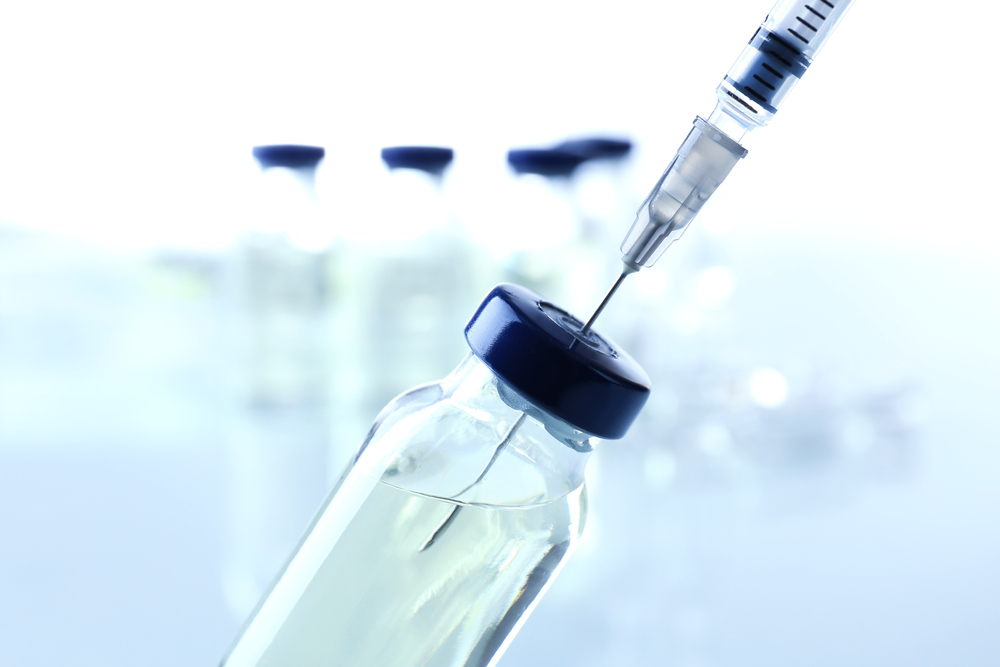Caladrius Biosciences, Inc. recently announced its Intus Phase 3 study dosed the first patient with stage III recurrent or stage IV metastatic melanoma .
The study, taking place at the Thomas Jefferson University Hospital in Philadelphia, Pennsylvania, is assessing the efficacy of the patient-specific targeted cancer immunotherapy candidate CLBS20 (also termed NBS20). In accordance with the randomized, double-blind design of the clinical trial, the patient was dosed with either CLBS20 or control.
“We are excited to be a part of the Intus study and to contribute to the advancement of this and any potentially life-prolonging investigational therapy,” said in a recent press release Dr. Takami Sato, principal investigator for this site and Professor of Medical Oncology at Thomas Jefferson University.
The Phase 3 trial succeeds the positive results from two Phase 2 trials which compared CLBS20 to injections of autologous irradiated (inactivated) tumor cells in a total of 42 patients. The results showed that after two years of follow-up there was a survival rate of 72% in treated patients versus 31% in the control group.
Antigen-specific immunotherapy is emerging as a new treatment modality, and dendritic cells are recognized as the most efficient antigen presenting cells, with their high ability for molecular identification and transmission. The best antigen source may come from a patient’s own (autologous) self-renewing, cancer-initiating cells.
Caladrius’ immuno-oncology technology (CLBS20) consists of autologous dendritic cells loaded with irradiated autologous cancer-initiating cells which proliferate in culture.For this trial, patients were pre-screened and had their tumor tissue samples collected and delivered to the Caladrius facility. Each patient was then randomized to receive either treatment or control. The second part of CLBS20 manufacturing requires collection of exclusive immune cells from each individual patient. Then, the patient receives subcutaneous injections once every week for a period of three weeks and subsequently once every month for a period of five months.
Besides melanoma, the CLBS20 technology platform can be used in lung, colon, renal and ovarian cancers, hepatocellular carcinoma and glioblastoma multiforme.
“The dosing of the first patient in this Phase 3 trial is an important milestone for our Company and the timing underscores our focus on this program and our commitment to impeccable trial execution,” said Dr. David J. Mazzo, Chief Executive Officer of Caladrius Biosciences. “We are delighted by the enthusiasm and productivity of the team at Jefferson University and other trial sites around the country and look forward to translating that into optimized patient enrollment and a rapid completion of the Phase 3 trial.”


